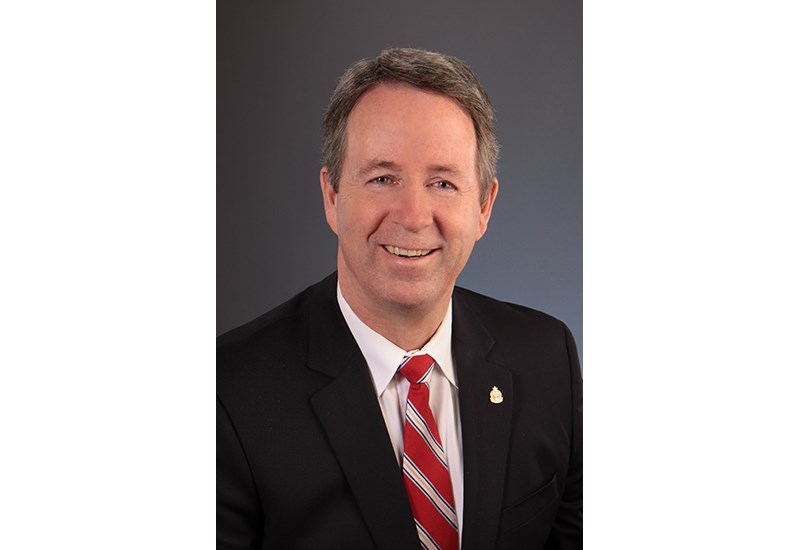In 2014, during Richmond’s last municipal election, Andy Hobbs missed out on a council seat by a little less than 600 votes.
This time around, the former school trustee said he’s focusing on meeting as many individual voters as he can.
“My strategy is I have to get more people to vote. I’m going to have to convince my wife and family to vote for me,” Hobbs told the Richmond News, laughing. More seriously, Hobbs said he believes his experience in the community is what makes him a strong candidate.
“This is not my first rodeo. I am not somebody who has done no volunteer work, and nothing in the community and now I want to be on council,” Hobbs said, pointing to his experience on the school board, with the Richmond Community Foundation, Britannia Heritage Shipyard Society, Steveston Salmon Festival and the Richmond Hospital Foundation.
But while few would deny his community involvement, some are questioning his stand on the Agricultural Land Reserve. Hobbs is running on the Richmond First slate, whose incumbent members (Derek Dang, Bill McNulty and Linda McPhail) voted against further reducing home size limits on the ALR back in May.
One Twitter user asked, “Do you agree with 11,000 sq ft size of homes on the ALR?”
Unfortunately Andy, Richmond First has allowed farmland to be destroyed. You chose the wrong slate to work with if you actually care about farmland. #votethemout #communitymatters
— Laura (@Cat4714) September 27, 2018
Great! So then I ask you: are you in favor of the current home size of almost 11,000 sq ft plus an additional dwelling of 3,000 sq ft on #ALR land?
— Laura (@Cat4714) September 27, 2018
Sincere question and hoping for an answer. Do you agree with 11,000 sq ft size of homes on the ALR? Do you support Richmond city staff recommendations, and provincial guidelines that say half that size is more appropriate on farmland. Thanks in advance for taking time to answer.
— stevestonnotrichmond (@stevestonnotri1) September 30, 2018
While Hobbs said he would need to do more research including reading all staff reports to council and provincial recommendations, he does support further reducing home sizes in the ALR. Hobbs added that estate-size homes on farmland creates speculation, which contributes to increased cost per acre of farmland, he said.
“When it’s at $300,000 an acre, farmers can’t afford it. So the people who can afford that are wealthy people,” he said.
“The important thing is not necessarily who owns it, but the single-most important point is that it is farmed at that it remains on the ALR.”
Hobbs also warned against industrialization of farmland.
“The threat to the farmland is it not being farmed and then sold for industrial purposes,” he said. “That is what will gobble up farmland at a rate that we won’t be able to reverse.”
In spite of these views, Hobbs said he doesn’t feel as though he stands apart from his slate-mates.
“I don’t feel like an odd one out. I’m an independent person and I don’t ask anybody’s opinion or thoughts on what my position is,” he said.
“My opinions are my opinions. My vote would be what I think is best for the city of Richmond and in particular for ALR land, I have extremely strong views on the importance of retaining agricultural land.”
Based on his conversations with residents, other issues Hobbs said he would like to focus on include possible rezoning to create smaller, but more affordable single-family detached homes, community safety and flood management along Richmond’s dyke system.



